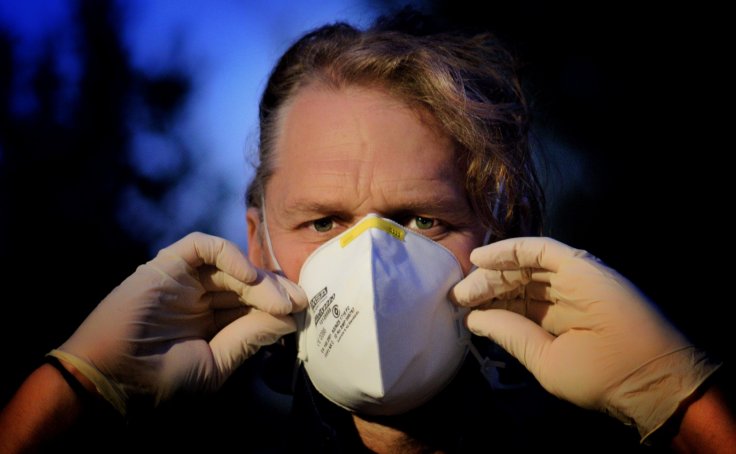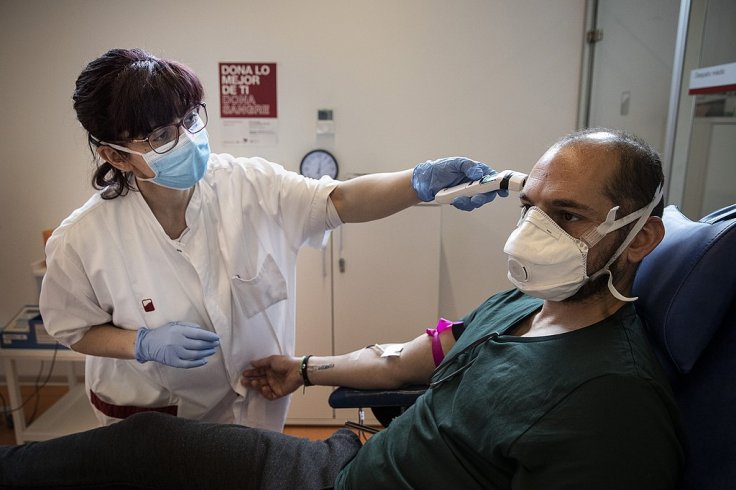The Centers for Disease Control and Prevention (CDC) is likely to shorten the recommendation for how long people should quarantine after being exposed to COVID-19. The federal agency may reduce the quarantine period from 14 days to as few as seven days.
The current recommendation calls for two weeks of isolation. But Adm. Brett Giroir, a member of the White House Coronavirus Task Force, said on Tuesday, November 24 that the health officials were rethinking about the recommendation. He also cited a "preponderance of evidence" showcasing that a shorter quarantine complemented by a Coronavirus test might be able to "shorten that quarantine period."

He also noted, "We are actively working on that type of guidance right now, reviewing the evidence, but we want to make absolutely sure...these kinds of recommendations aren't willy nilly."
However, it is still not clear when the announcement of the new quarantine guidelines will be announced. As per an unnamed federal official, the recommended quarantine time is likely to be just seven to 10 days for those who then test negative for COVID-19.
Is This Helpful?
As per Dr. Carlos Del Rio, Emory School of Medicine executive associate dean, have suggested day one to six quarantine and masking. But according to him if the patient tests negative on the seventh day the quarantine period can be ended. This could reduce the strain on healthcare workers, said Dr. Rio.
Jennifer Nuzzo, a senior scholar at the Johns Hopkins Center for Health Security, told NPR that she would welcome such a recommendation for a revision. "Shortening quarantine recommendations to focus on the period of time during which the vast majority of people who are exposed to the virus are likely to become contagious is a smart, pragmatic move that is likely to boost compliance," she added.
Nuzzo said that contact tracing efforts in the US are severely hampered by "deep disincentives for contacts of cases to quarantine." She noted that a seven to ten days quarantine period may be easier for people to bear and hopefully it may help to get more contacts of cases to comply.

WHO's Guidelines
As per the World Health Organization (WHO) which has been monitoring the Coronavirus pandemic since the beginning, if someone thinks that they have come in contact with a COVID-19 positive patient, then they should do the following:
• Call your health care provider or COVID-19 hotline to find out where and when to get a test.
• Cooperate with contact-tracing procedures to stop the spread of the virus.
• If testing is not available, stay home and away from others for 14 days.
• While you are in quarantine, do not go to work, to school, or to public places. Ask someone to bring you supplies.
• Keep at least a 1-meter distance from others, even from your family members.
• Wear a medical mask to protect others, including if/when you need to seek medical care.
• Clean your hands frequently.
• Stay in a separate room from other family members, and if not possible, wear a medical mask.
• Keep the room well-ventilated.
• If you share a room, place beds at least 1 meter apart.
• Monitor yourself for any symptoms for 14 days.
• Stay positive by keeping in touch with loved ones by phone or online, and by exercising at home.









